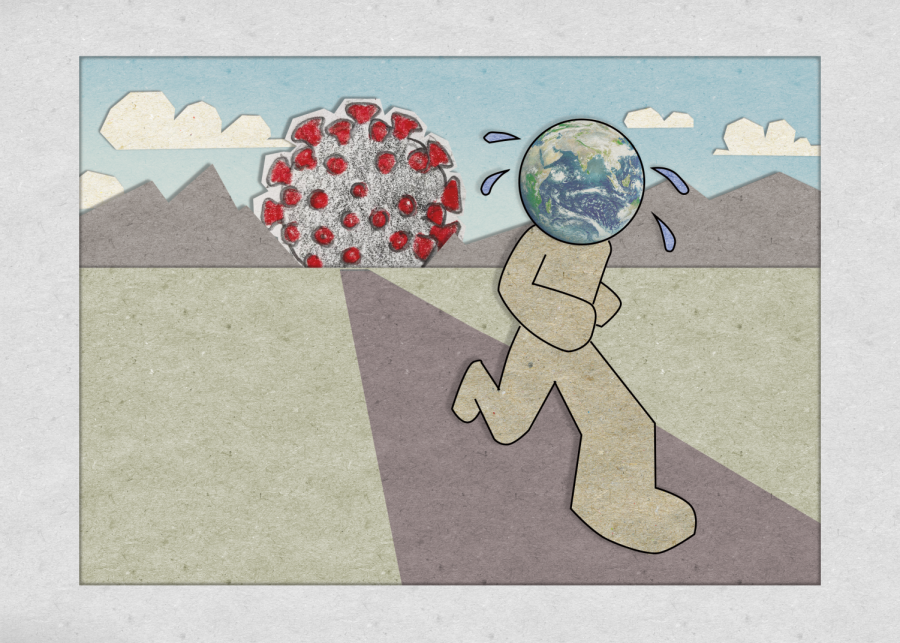When the Pandemic is Over
It seems like everyone is ready to move on from the pandemic, but we’ve failed to realize what it has taught us.
The frustration, loneliness and devastation that has stemmed from the COVID-19 pandemic has had us all looking toward the prospect of returning to ‘normal.’ With the ever-increasing population of vaccinated people, that return could be just around the corner. However, the collective mindset of looking forward to a post-pandemic world has created a problem. We have yet to recognize the warning that COVID-19 has revealed to us: pandemics are going to be a part of our future and we are not prepared to handle them.
Whether it has been the multitude of lives lost, disruption of education, exacerbation of poverty or emotional suffering, COVID-19 has been catastrophic in countless ways. Combined with the severely inadequate responses from leaders and communities around the world, it has shown us that we are not prepared for a future of diseases like it. Unfortunately, it is almost certain that more infectious diseases like COVID-19 are coming. An UN-backed report by the IPBES suggests that future pandemics will emerge more often with more devastating effects if there isn’t a significant shift in our global approach.
So what should we be doing to prepare? We must replace our reactive approach with a preventative one. In a New York Times documentary, How to Stop the Next Pandemic, Jonah Kessel lays out three key human causes for the increase in dangerous emerging diseases: habitat destruction, loss of biodiversity and wildlife trade. As stated by David Quammen, “[The human species is] causing ecological wreckage that’s unprecedented, and there are consequences of that … It’s the connection between humans and animals that’s driving this.” A preventative approach to pandemics involves seeking to reduce our impact in these areas and finding ways to isolate and study emerging diseases early. It also means investing in global and local health emergency infrastructure including vaccination and testing programs, national public health systems and political coordination. Unfortunately, global leaders have shown us that these changes are not within their current agendas.
As much as we’d all love to leave this pandemic behind, we must continue to examine the faults that it exposed and the lessons that it can teach us. With the right coordination and a preventative mindset, it is possible to avert a path of oncoming disaster. Without it, we will be facing a new era of pandemics, one which may keep us from ever returning to what we once thought of as normal.

Keegan Jack is a senior at Boulder High School with, among other things, a passion for the combination of media and information. It was this very passion that inspired him to pursue working for The Owl. He loves exploring the wonderful nature of Colorado and trying to capture its beauty through the art of photography. He also enjoys various other hobbies, such as illustration, playing cello, and boxing. Keegan prides himself on being an effective communicator, but this sometimes means he ends up trying to convince people about things that they don’t want to change their mind about, such as his belief in the ambiguity between the types of grapes. Although the COVID-19 virus has certainly been...


